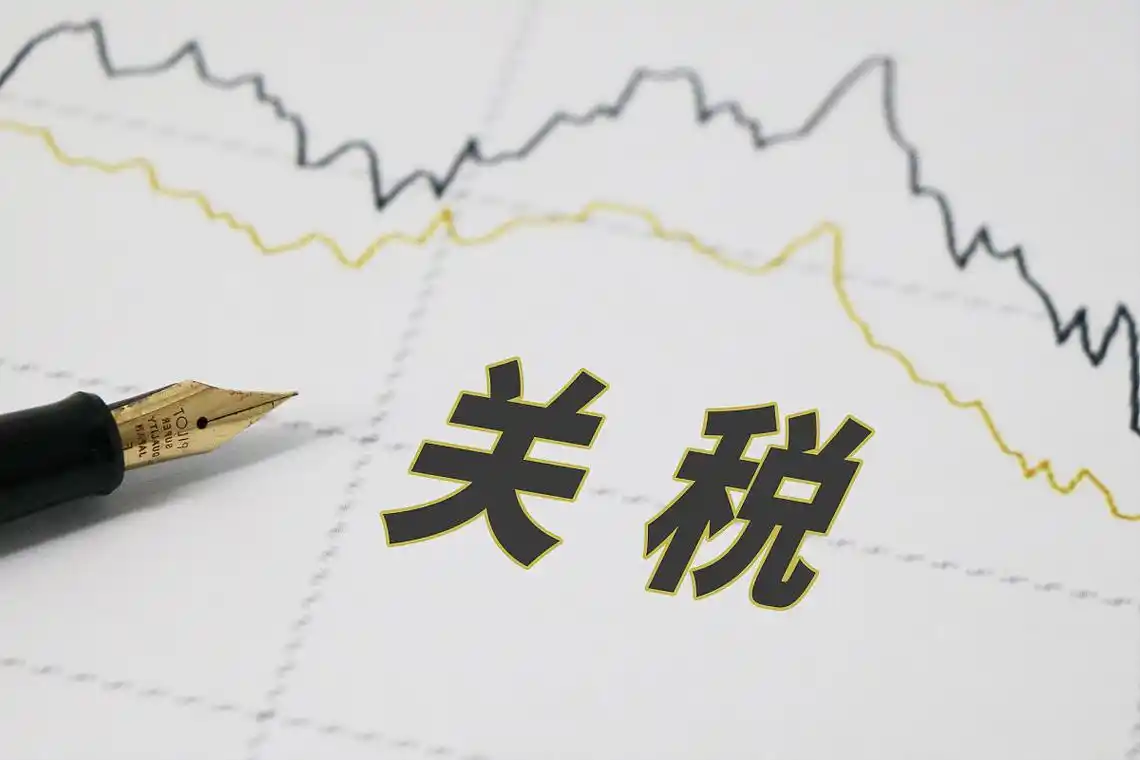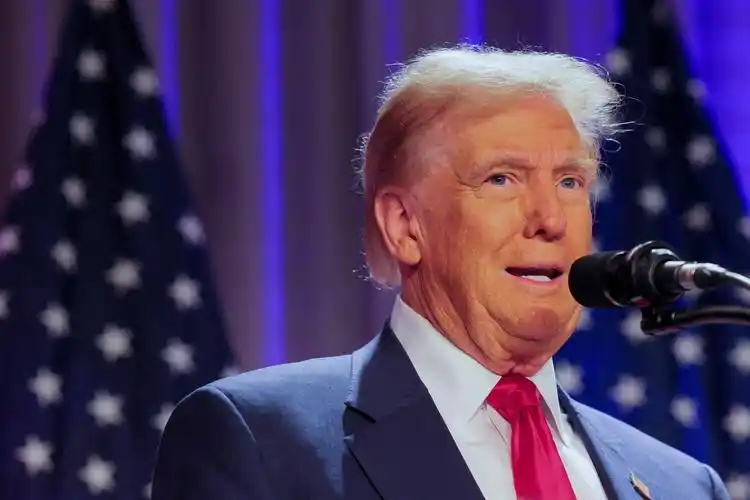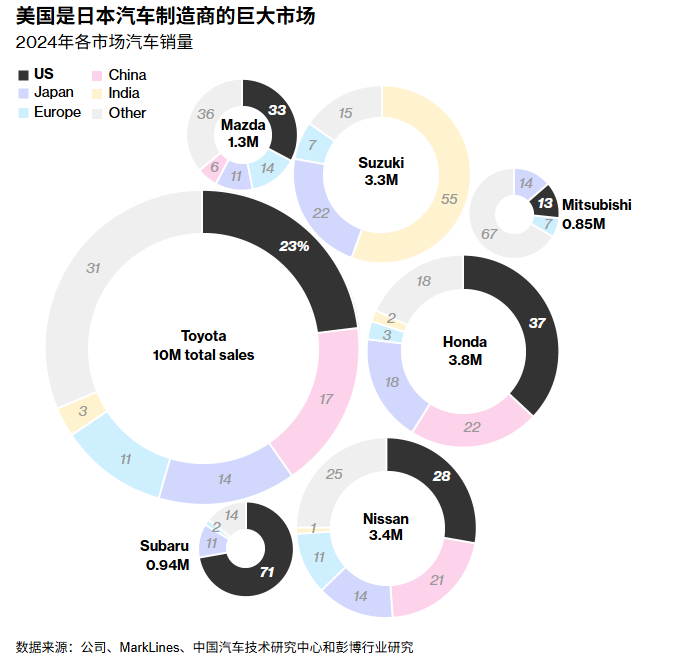U.S. Treasury Secretary Scott Bessant said he supports a strong dollar and has no plans to change the government’s debt issuance plans, signaling the administration’s cautious approach to financial markets while, in other ways, the United States is quickly upending the status quo.
During his campaign, President Trump expressed concern about the strength of the dollar, arguing that it would make American products more expensive overseas. Bessent criticized the debt policy of her predecessor, Janet Yellen, saying she financed the deficit with a lot of short-term debt to ease pressure on long-term interest rates and stimulate the economy.
But in a recent interview on Thursday (Feb. 6), Bessant said he has no plans at this time to abandon his previous monetary and debt sales policies, both of which are closely watched by financial markets.
The dollar has risen sharply against major currencies since Trump’s election on speculation that his plans for tax cuts and tariffs will fuel inflationary pressures in the economy and keep interest rates high.
While that could dampen exports and reduce the value of U.S. companies’ overseas earnings, Bessant said there are no immediate plans to push the dollar lower. Instead, he said he is studying whether other countries are trying to gain an advantage by holding down the value of their currencies.
Bessant said: “The strong dollar policy has not changed at all under President Trump. We want the dollar to stay strong.”
But, he added, “We don’t want other countries to devalue their currencies and manipulate trade.”
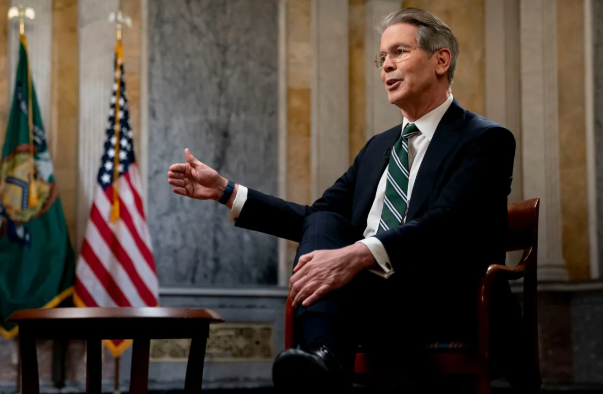
Analysts said the Treasury secretary wants to push down long-term Treasury yields, but does not want the dollar to depreciate as a result. The idea seems paradoxical. This rhetoric is probably just an attempt to get a head start in the upcoming tariff negotiations.
Accepting a devaluation – or any plan to ramp up sales of long-term debt – could roil financial markets. While the dollar has fallen in recent days, it’s still not far from its 2022 highs, and Treasurys have rallied this month on signs the economy is cooling.
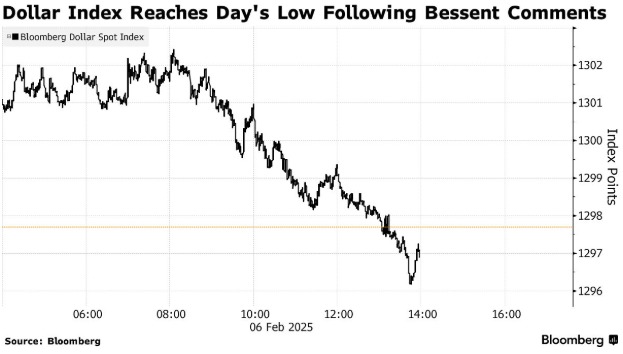
On Wednesday, the Treasury Department released quarterly bond supply data, which suggested that an increase in supply is still several quarters away, also bolstering investor confidence in long-term bonds. This is the first such data released under Bessant.
Mr Bessant said many countries had “built up huge surpluses but not a free-form trading system”. This could be partly due to exchange rates, he said, while “interest rate suppression” could also be a factor in some places, without naming specific countries.
For decades, top U.S. officials have emphasized the value of a strong dollar as evidence of economic vitality. During Trump’s first term, the so-called strong dollar policy was seen by many as being on the back foot because it was believed to have depressed US exports and dented the overseas earnings of US multinationals.
Still, the dollar rose sharply both before and after Trump’s election in November on expectations that his policies, particularly higher tariffs and tax cuts, would boost economic growth and inflation and slow the pace of interest rate cuts by the Federal Reserve.
Mr Trump criticised currency appreciation during his recent campaign. But he has also vowed to maintain the dollar’s global dominance and support policies that economists and strategists say could boost its value.
“We want fair trade and part of that is taking a tough stance on currency and terms of trade,” Bessant said.
